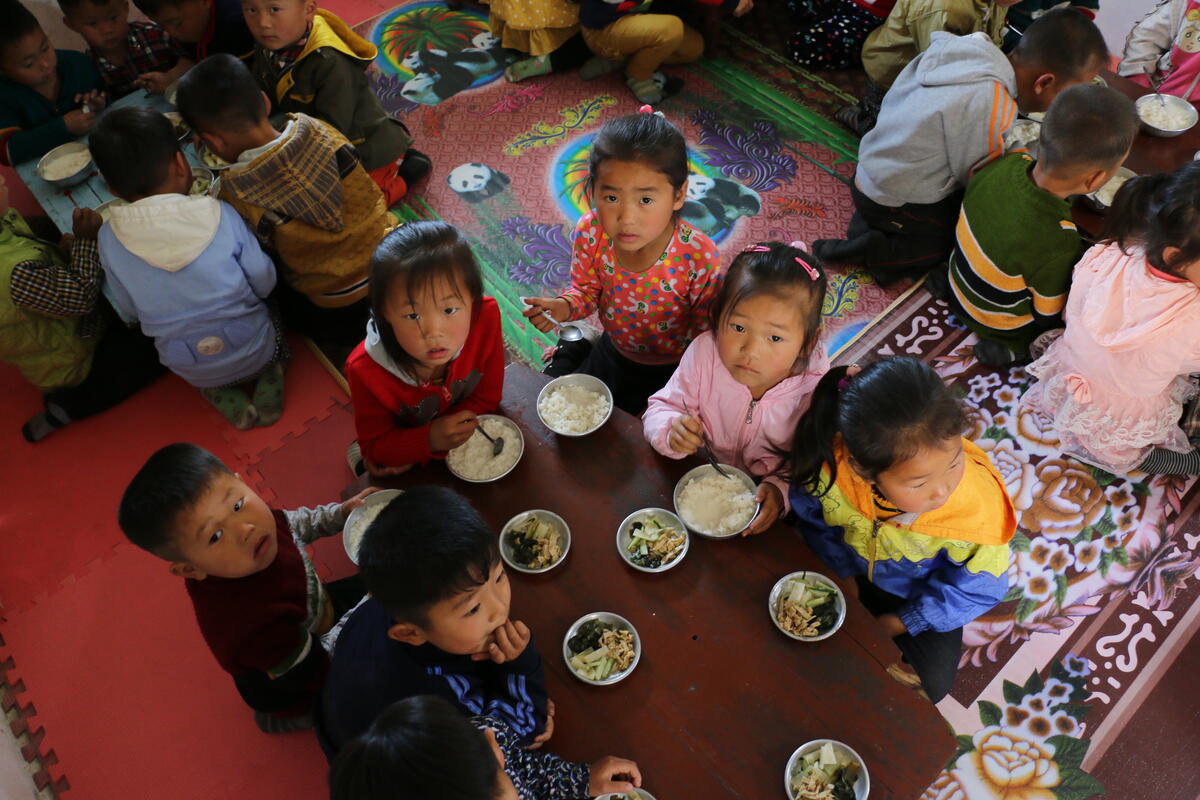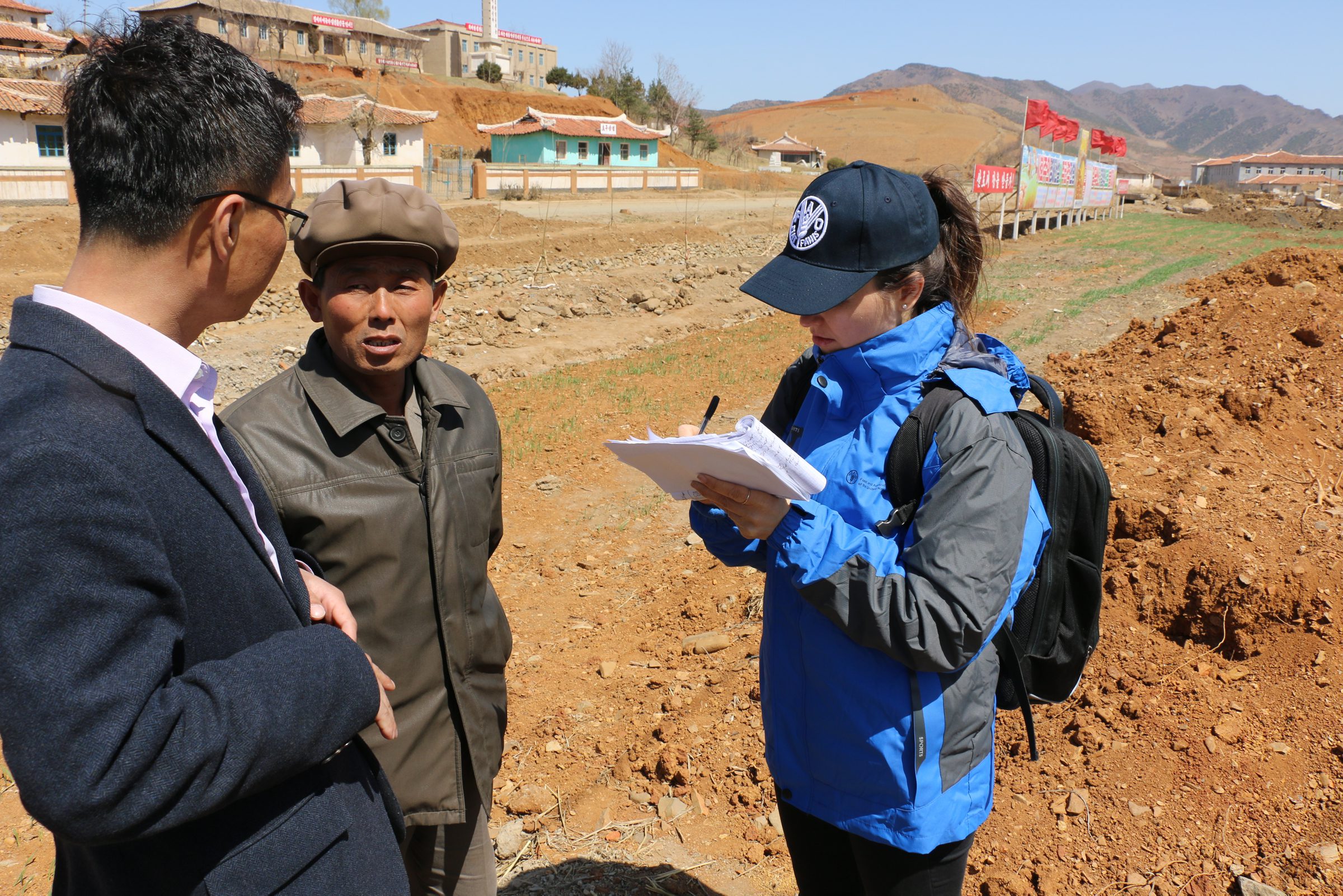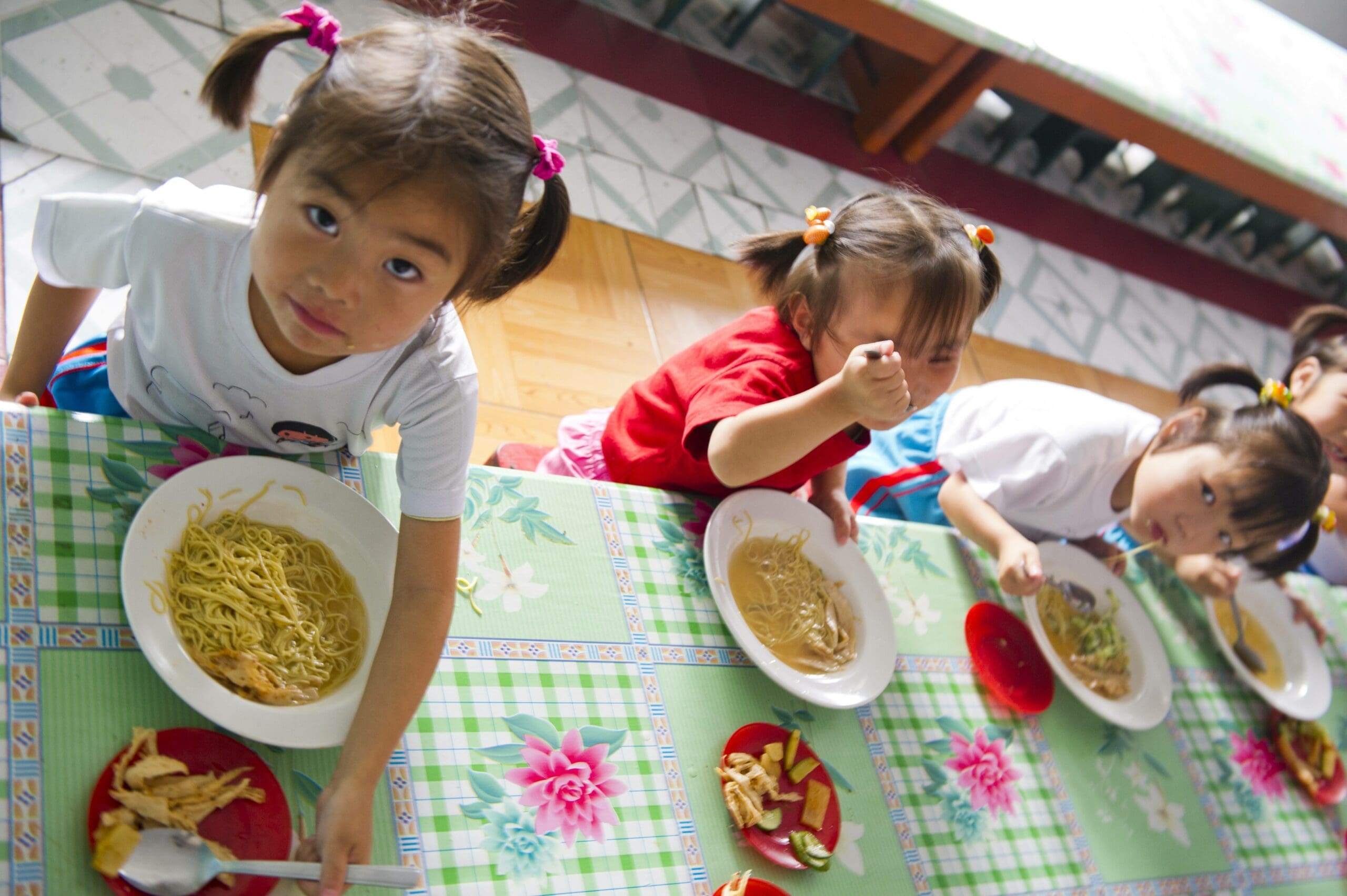Isolated and Starving
DPRK continues to face a wide range of food and nutrition security challenges, which add to the protracted humanitarian situation in the country. Agriculture annually falls short of meeting food needs, due to shortages of arable land, lack of access to modern agricultural equipment and fertilizers, and recurrent disasters. And an increase in climate-related disasters sees droughts, floods, typhoons and heatwaves causing soil leeching, erosion, landslides and damage to crops and infrastructure. Even minor disasters can significantly reduce agricultural production and the availability of food, stressing communities’ already limited coping capacities. According to INFORM Global Risk Index 2021, DPRK ranked 29th among 191 countries for such disasters, and was placed in the high-risk category.
Economic and political issues add further difficulties, with restrictions on international trade and investments imposed by the United Nations Security Council. The strong link between food insecurity and malnutrition means any negative impact on agriculture and food production has widespread and long-lasting consequences, and compounds the already widespread undernutrition that affects millions in the country
More than 40 percent of the population are undernourished and require humanitarian assistance, according to the State of Food Security and Nutrition in the World Report 2022. And many suffer from chronic malnutrition due to lack of essential proteins, fats, vitamins and minerals.
You can make a difference. By understanding issues, learning how to civically engage, and joining the movement to end global hunger for good.
 Unsplash
UnsplashThose living outside towns and cities have worse diets, with many relying on rural relatives, improvised ‘kitchen gardens’ or market activities to supplement the food they receive through the Government’s Public Distribution System. The system consistently provides lower food rations than the Government’s daily target.
Poor nutrition is particularly problematic for young children, pregnant women and breastfeeding mothers, as good nutrition is crucial in a child’s early years. Stunting (impaired growth and development due to chronic malnutrition) affects nearly one in five children under 5.




